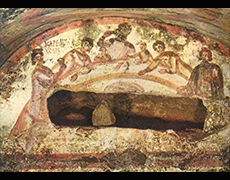
Agape is a Greek word that means “unconditional love”. It is often used in the context of the Christian faith to describe the selfless love that God has for humanity and the love that Christians should have for each other.
The Christian love feast, also known as the Agape feast, was an early Christian practice of sharing a communal meal in the context of worship. This practice was an important expression of the love and unity that Christians had for each other.
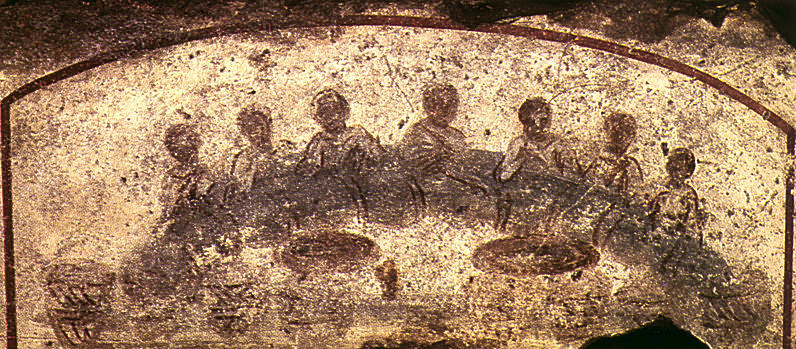
Saint Agape was a martyr and a Christian saint who lived in the early Christian era. She was one of seven Christian virgins who were put to death for their faith in the city of Carthage.
In Curiosities of Popular Customs and of Rites, Ceremonies, Observances, and Miscellaneous Antiquities by William S. Walsh (1925), we read:
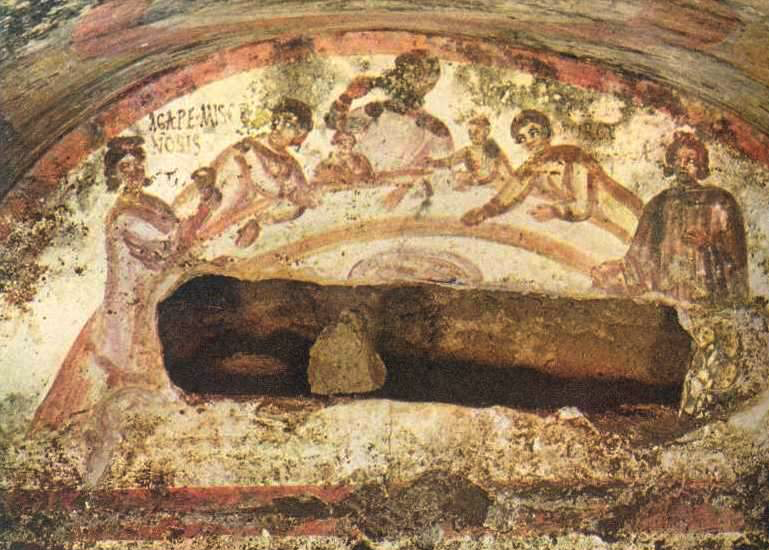
“The love-feast of the ancient Christians, when all the members of a congregation, even the master and his slaves, met together at a common meal, celebrating the Eucharist, as brethren and sisters of the same family. The Agape therefore was a social symbol of equality and solidarity of all Christendom, hallowed and sealed by the eucharistic sacrifice. Here all gave and received the kiss of peace, and here communications from other congregations were received and read… As each congregation grew larger and more diverse in its membership, social differences began to assert themselves. The Agape lost their original significance. They either became distinctly the entertainment of the rich, where luxury was encouraged, or sank down into a kind of poor-house institution.” (P. 13.)
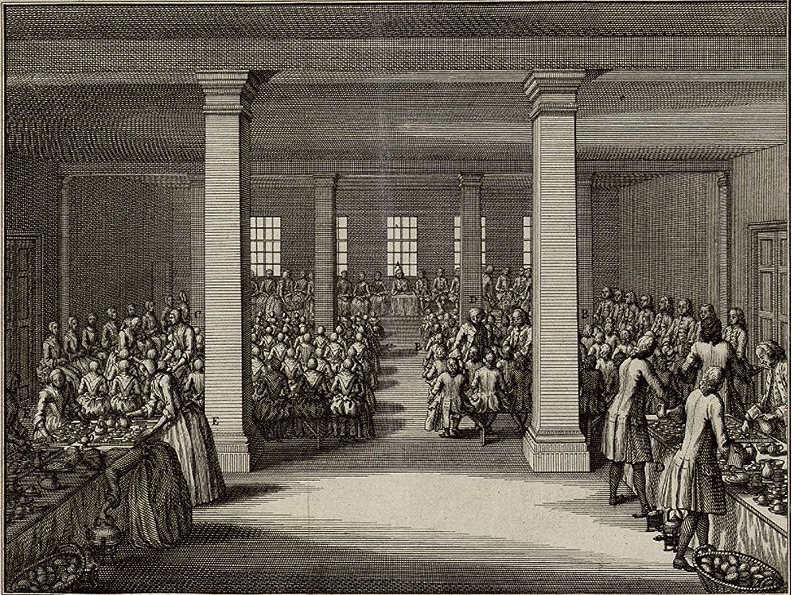
But where did the agape origination, and did it pre-date Christianity as many traditions we know of have a Pagan part?
Barbara Walker (The Woman’s Encyclopedia of Myths and Secrets) writes:
“…first of Aphrodite’s holy whores (Horae), was canonized as a Christian saint when icons of the Horae were re-labeled ‘virgin martyrs’: Sts. Agape, Chione, and Irene. Agape originally personified the rite of sexual communion, as practiced in Aphrodite’s temples and adopted by some early Christian sects as a Tantric type of ‘spiritual marriage.'” (P. 12)
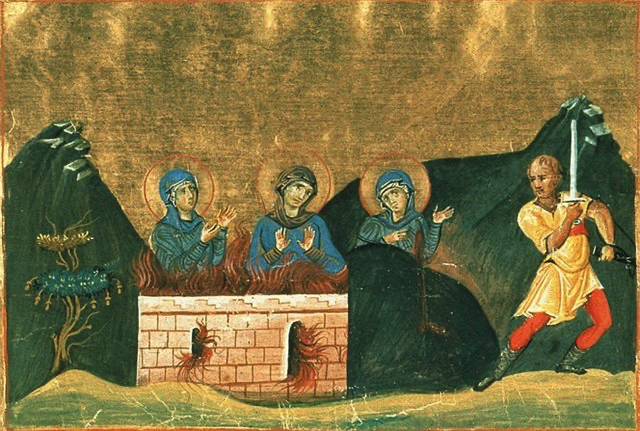
She goes on to state that the feast of Agape was declared heretical by the 7th century ACE.
Aleister Crowley, the English mystic and occultist, also used the term “Agape” in his religious philosophy. He saw Agape as a form of divine love that transcends the boundaries of the ego and unites the individual with the divine.
“Because the numerical value of agape is 93, followers of Aleister Crowley regard it as one of the key magical words of the Aeon of Horus, typified by the deity Aiwaz, whose name adds to the same total.” (P. 4.)
Dictionary of Mysticism and the Occult. Nevill Drury.

